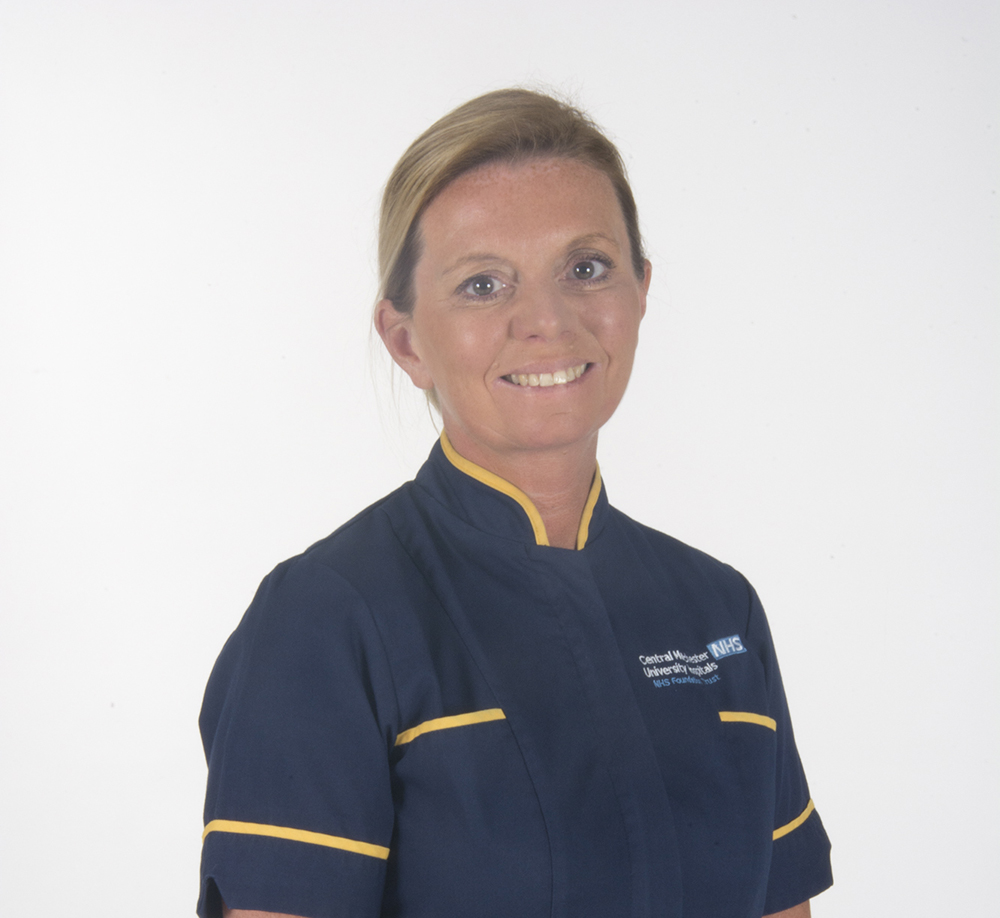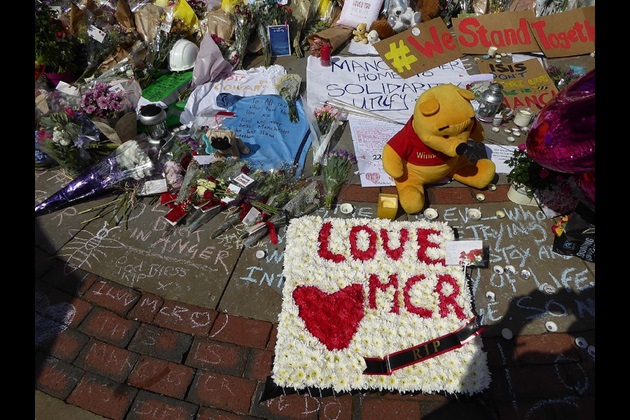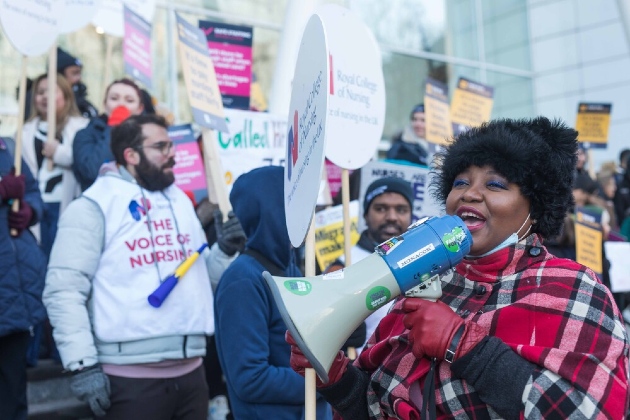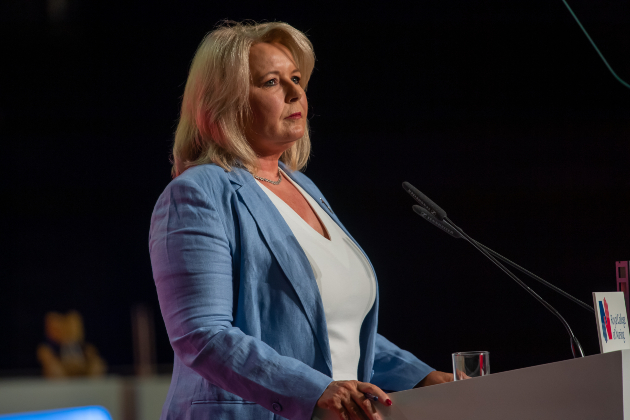Female nursing staff who cared for patients following the Manchester Arena bombing have been credited in the Women of the Year Awards. Eight women were invited to London to receive the award on behalf of those working for the city’s emergency and medical services.
RCN member Cheryl Casey (pictured below) was one of those working on the night of the bombing. As Head of Nursing for Medicine and Community Services at Manchester Royal Infirmary she was called in to support staff, help deal with the immediate receipt of casualties and co-ordinate their care.

“It was the true professionalism of nursing that shone that night,” she says. “Though you plan for these type of incidents, it’s not until you’re in that situation that you know what you need to deliver.
“We’re a major trauma centre so you can maybe expect to receive two or three serious casualties a night, but nothing on that scale or magnitude. It’s something you simply can’t simulate.
“The teams were working on adrenaline but were so calm and focused. When I left the emergency department at 6am the next day, it was silent. Resus was empty and you would never have known what had happened in the hours before.”
Twenty-two people were killed and 512 injured when a bomb packed with nuts and bolts was detonated after an Ariana Grande concert at the arena on 22 May. Cheryl’s hospital received 55 patients, with 13 of those requiring immediate resuscitation and stabilisation.
Our priority was to meet the patients’ needs
“Our priority was to meet the patients’ needs,” she says. “A number of the casualties were young people who had gone to the event as part of a family group and got split up from them.
“We had to look at things holistically and practically. It was important to reunite those families and keep them together. That’s the difference nurses make. It’s about being an advocate for patients, showing empathy and compassion. This was the most horrific incident you could wish on anybody and those affected needed our emotional support.”
Bereavement support was also part of the team's role that night. “We didn’t know what the outcome would be for some of the families we were supporting," says Cheryl. "We had to communicate information in a way that showed we cared. It was about being sensitive in the most challenging of circumstances.”
Creating capacity
As well as overseeing what happened in the emergency department, the nursing teams had to look ahead and consider the logistics of how the response was managed and operationalised to make sure there was enough capacity in theatres, surgical wards and critical care. The incident had a knock-on effect on capacity in the rest of the hospital, she says, and Cheryl needed to look at the impact the incident had on the care of other patients.
Six months on, the memories of that night and its aftermath still play on her mind. “I’ve been a nurse for 28 years,” she says. “Dealing with trauma is part of what we do. I can usually switch off and sleep, but it was different when I went home that day."
I'm just so proud to be a nurse
“You expect media interest in a tragedy of this scale, but when it’s your hospital and your community, it has a different impact. We all knew people involved. I was at the arena just two days before. As the days went by, the stories started unfolding. It was surreal.”
But given the time to reflect, Cheryl says the incident has given her a new appreciation for her profession. “I’m just so proud to be a nurse,” she says. “For me, it’s the best job in the world and not a day goes by when I don’t feel privileged to be in it. My teams are phenomenal. Absolutely phenomenal. I couldn’t single one person out. They all pulled together and I couldn’t tell you how proud I am of them."
Support for you
As an RCN member you can get free, confidential support and assistance to help you deal with challenging, emotional issues you may face, whether work related or personal.
The counselling service operates over the telephone so you can access counselling at a time that suits you. One of our counsellors will phone you at an agreed time, so the RCN pays for the call.
The quickest way to access the counselling service is by calling RCN Direct on 0345 772 6100.








